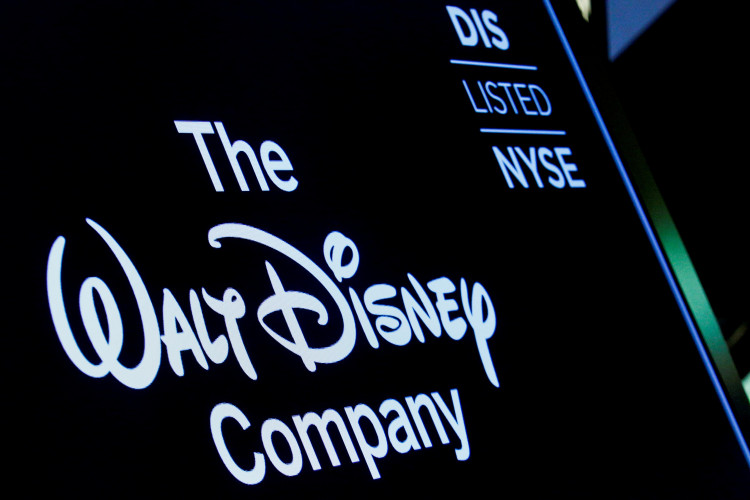Disney (DIS) announced that its streaming division has turned a profit for the first time. However, this milestone was dampened by weaker performance in its parks division, attributed to a "moderation of consumer demand" towards the end of the quarter.
Disney's direct-to-consumer (DTC) streaming business, which includes Disney+, Hulu, and ESPN+, posted an operating income of $47 million, a stark contrast to a loss of $512 million in the same period last year. This marked the first profitable quarter for Disney's streaming services, ahead of the company's initial projection.
Overall, Disney reported adjusted earnings of $1.39 per share, surpassing the $1.19 expected by analysts polled by Bloomberg. Revenue came in at $23.2 billion, slightly above the consensus estimate of $23.1 billion and up from $22.3 billion in the year-ago period. Despite these positive figures, Disney stock saw a brief premarket rise of 3% before forfeiting those gains, remaining roughly unchanged for the year.
The company also raised its full-year adjusted earnings growth guidance to 30%, up from the previous 25%. Disney remains optimistic about its streaming profitability trajectory, forecasting further improvements in the fourth quarter for both DTC entertainment and ESPN+.
"We continue to feel optimistic about our trajectory, with multiple building blocks for improving margins over the coming years," Disney stated in its release. Part of this strategy includes new price hikes for Disney+ and Hulu plans set to take effect in October.
In the third quarter, core Disney+ subscribers increased slightly to 118.3 million from 117.6 million a year ago, despite analysts' expectations of flat growth. However, average revenue per user (ARPU) for domestic Disney+ users fell by 3% to $7.74, despite recent price increases and a crackdown on password sharing.
The parks division, traditionally a key profit driver for Disney, faced significant challenges. Domestic operating income dropped 6% year-over-year to $1.35 billion, with the company warning of continued demand moderation in the coming quarters. "While we are actively monitoring attendance and guest spending and aggressively managing our cost base, we expect Q4 Experiences segment operating income to decline by mid-single digits versus the prior year," Disney noted.
Disneyland Paris and its international parks also experienced downturns, partly due to reduced consumer demand linked to the Olympics and cyclical softening in China. Conversely, Disney reported strong demand for its cruises, a bright spot in its otherwise struggling parks segment.
Meanwhile, Disney's linear TV business continued to face headwinds. Domestic linear network revenue fell by 7%, driven by declines in advertising revenue and lower affiliate revenue as consumers increasingly cut the cord. However, ESPN bucked this trend, with domestic operating income rising 1% due to growth in advertising and subscription revenue.
In February, Disney announced a joint venture partnership with Fox and Warner Bros. Discovery, focusing on sports streaming. The company is also developing a separate sports streaming platform for ESPN, set to launch in fall 2025.
Disney's theatrical division showed signs of recovery with strong performances from films like "Inside Out 2" and "Deadpool & Wolverine." The company is poised to lead the box office in the latter half of the year with upcoming releases such as "Moana 2" and "Mufasa: The Lion King." Content sales and licensing income surged to $245 million in Q3, compared to a loss of $112 million in the prior year.
Despite the robust performance of its entertainment and sports divisions, Disney's parks business remains under pressure due to inflation and slowing consumer demand. The company has pledged to invest approximately $60 billion in its theme parks over the next decade to drive future growth.
Disney CFO Hugh Johnston acknowledged the mixed results, saying, "The portfolio is working well. Yes, there was softness in the domestic parks, but the entertainment division's profit tripled in the quarter."





